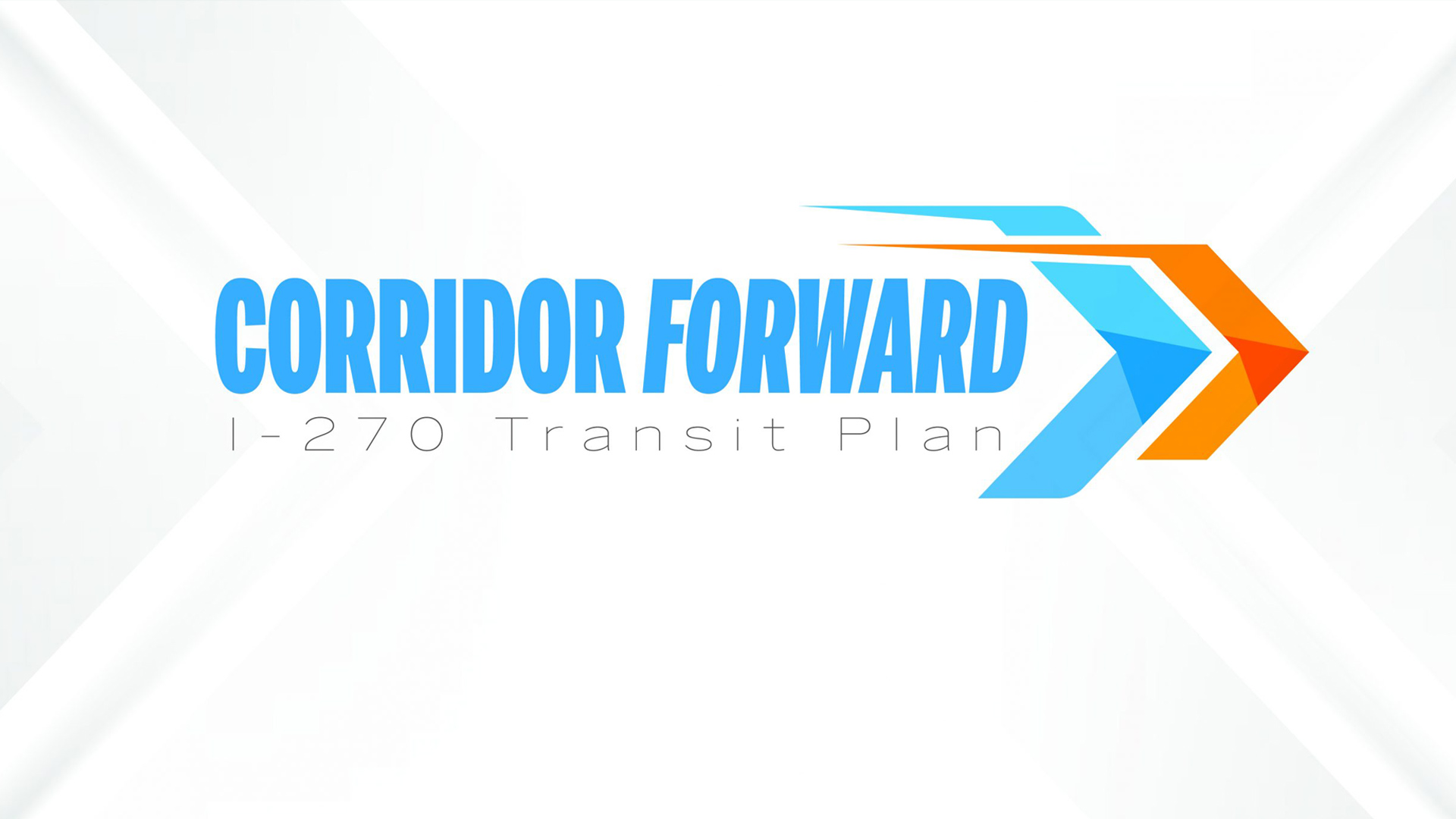
Planners will now make final edits to the plan before sending to County Council
WHEATON, MD – The Montgomery County Planning Board, part of The Maryland-National Capital Park and Planning Commission (M-NCPPC), approved the Planning Board Draft of the Corridor Forward: The I‑270 Transit Plan at its meeting on December 23. Planners will now incorporate the comments from the Planning Board into the draft of the plan. The draft will then be transmitted to the Montgomery County Council so that they may begin their review of the plan. The transmittal will take place in early January 2022.
The approval from the Planning Board comes after a public hearing on December 9 followed by two work sessions on December 16 and December 23. View the staff report and redlined version of the document as well as the presentation from the December 23 Planning Board work session.
The draft plan proposes a near-term transit network of dedicated bus lanes known as the Corridor Connectors that build on existing master planned projects, including the MD 355 and Veirs Mill Road Bus Rapid Transit (BRT) projects, to serve communities and employment centers along the I‑270 corridor. Additionally, Corridor Forward includes a long-term recommendation for an extension of Metrorail’s Red Line to further expand transit options along the I‑270 corridor. This draft plan re-envisions the master planned Corridor Cities Transitway (CCT) as the Corridor Connectors, a network of more buildable dedicated bus lanes which connect I‑270 corridor communities to the county’s existing and planned rapid transit network.
Beyond the proposed network, Corridor Forward offers additional recommendations that support the proposed transit network and strengthen the potential to advance regional transit connectivity.
The draft plan is the result of an iterative planning process, in which Planning staff:
- Compared transit vehicle attributes and inventoried transit options that could serve the I‑270 Corridor.
- Completed a pre-screening analysis, which evaluated the initial list of inventoried transit options based on indicators such as travel time, population access, job access, ability to accommodate growth and equitable access, and advanced six transit options for detailed analysis.
- Refined and analyzed the six transit options, including an evaluation of strategic metrics, economic and financial outlook, and potential implementation challenges and risks.
- Completed additional evaluation on combinations of the six transit options to inform the development of the Plan’s recommendations.
The draft plan is a product of more than two years of transportation analysis, stakeholder coordination and community outreach.
About the Corridor Forward Plan
The goal of Corridor Forward is to comprehensively evaluate, prioritize and advance transit options in the I‑270 corridor area that achieve the best combination of the following values, consistent with the Planning Board Draft of Thrive Montgomery 2050:
- Strategic Connections: Serve high-demand origin and destination pairs, balancing costs of implementation with projected benefits.
- Economic Health: Enable existing development and master-planned communities to realize their potential as livable and economically vibrant places.
- Community Equity: Align with the county’s social equity goals and principles.
- Environmental Resilience: Operate sustainably and reduce negative environmental impacts.
To create the plan, Montgomery Planning has worked with state and county agencies, neighboring jurisdictions, county municipalities, advocacy groups, and community members as we analyzed and prioritized transit options to develop the Public Hearing Draft. Montgomery Planning has engaged community members about their needs and values related to transit through the Corridor Forward Plan’s Transit Values Questionnaire and Transit Stories campaign.